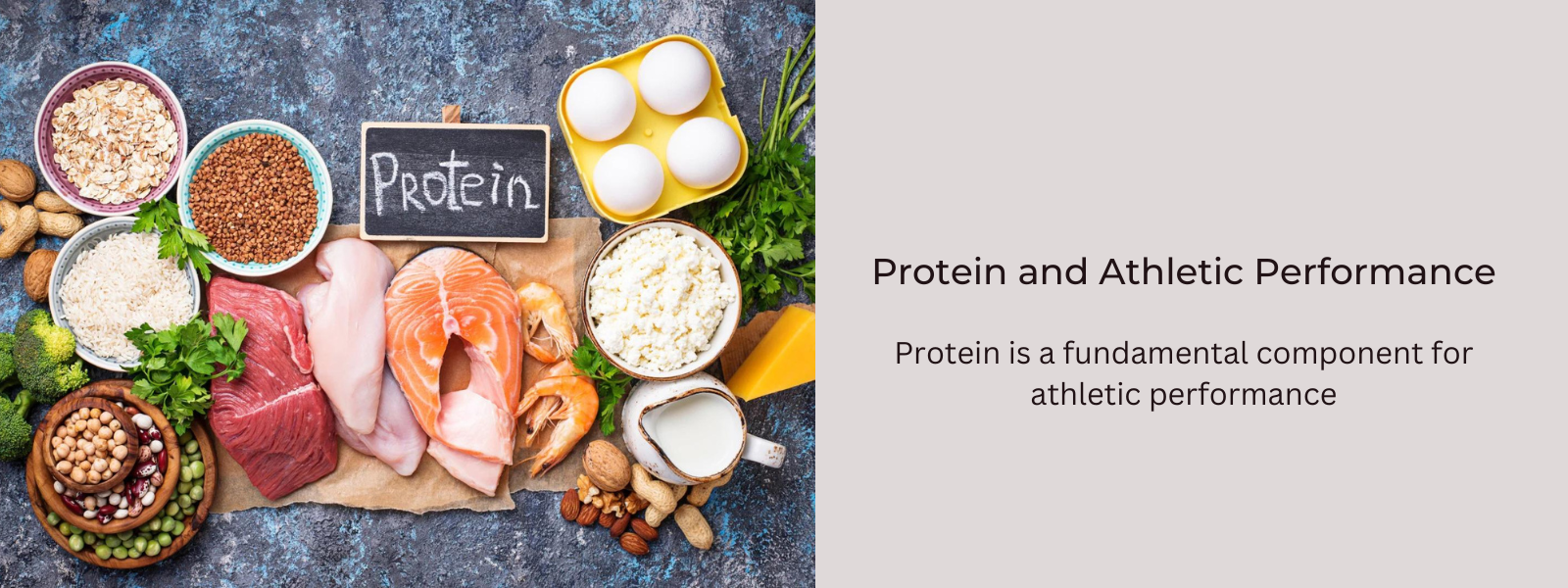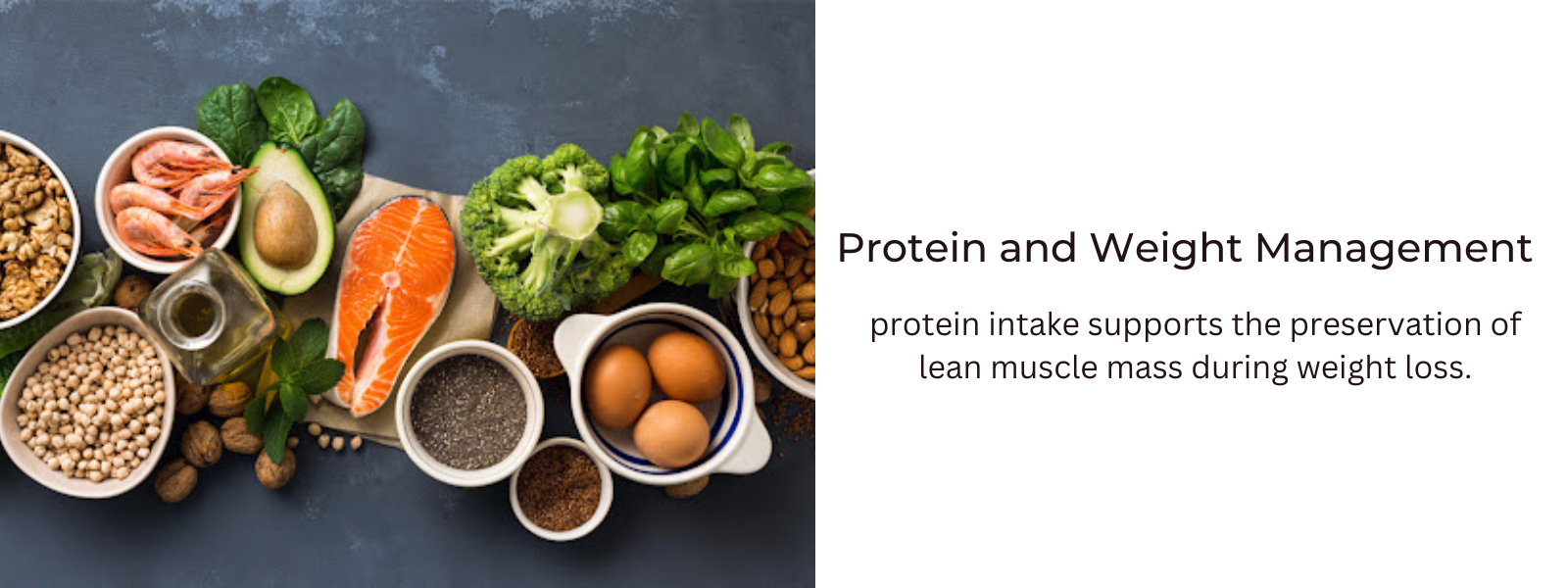Protein is intricately linked to bone health, playing a vital role in maintaining the structural integrity and strength of the skeletal system. Collagen, a structural protein abundant in bones, forms the foundation for bone flexibility and resilience. Proteins contribute to the synthesis of osteocalcin, a key protein essential for proper bone mineralization. Adequate protein intake is crucial for supplying essential amino acids, supporting bone density, and preventing bone loss. Additionally, proteins aid in the regulation of calcium, a mineral critical for bone structure. While excessive protein intake may have potential drawbacks, maintaining a balanced and sufficient protein intake, along with other essential nutrients, is essential for optimal bone health. This connection underscores the importance of protein in supporting the overall health and longevity of the skeletal system, reducing the risk of fractures and promoting bone resilience throughout life.
Table of Contents
- Is There Any Relation Between Protein and Bone Health?
- Is Protein Helpful In Promoting Optimal Bone Health Across All Age Groups?
- Protein Helps In Collagen Formation:
- Protein Helps In Osteocalcin Production:
- Protein Helps In Essential Amino Acids for Bone Maintenance:
- Protein Helps In Calcium Regulation:
- Protein Helps In Protein Quality and Bone Health:
- Protein Helps In Optimal Protein Intake:
Is There Any Relation Between Protein and Bone Health?
There is a clear and crucial relationship between protein and bone health. Proteins, particularly collagen, form an integral part of the bone matrix, providing the structural framework for bone strength and flexibility. Additionally, proteins play a significant role in the production of osteocalcin, a protein essential for proper bone mineralization. Adequate protein intake is essential for the synthesis of essential amino acids, which are fundamental for maintaining bone density and preventing bone loss. Moreover, proteins contribute to the regulation of calcium, a mineral critical for bone health. While both insufficient and excessive protein intake can potentially impact bone health, maintaining a balanced and sufficient protein intake, in conjunction with other essential nutrients, is key to promoting optimal bone health and reducing the risk of fractures and bone-related issues throughout life.
Is Protein Helpful In Promoting Optimal Bone Health Across All Age Groups?
Yes, protein is crucial for bone health across all age groups. In childhood and adolescence, when bones are actively growing, protein is essential for the development of a strong and healthy skeletal system. Adequate protein intake during these formative years supports optimal bone mineralization, density, and overall bone accrual.
In adulthood, protein continues to play a vital role in maintaining bone health. Bones undergo a dynamic process of remodeling throughout life, involving the continuous breakdown and formation of bone tissue. Protein contributes to this process by providing the necessary amino acids for bone remodeling, repair, and maintenance.
In older age, when bone density may decline, maintaining an adequate protein intake becomes particularly important. Protein supports bone health by helping to prevent bone loss, fractures, and age-related skeletal issues.
Protein Helps In Collagen Formation:
- Function: Collagen is a structural protein that forms a significant part of the bone matrix, providing the framework for bone strength, flexibility, and resilience.
- Role in Bone Health: Collagen is a crucial component of the organic matrix in bones. It helps maintain the structural integrity of bones, contributing to their ability to withstand stress and impact.
Protein Helps In Osteocalcin Production:
- Function: Osteocalcin is a protein produced by osteoblasts, the cells responsible for bone formation.
- Role in Bone Health: Osteocalcin plays a vital role in bone mineralization by binding with calcium and other minerals to form hydroxyapatite crystals, which comprise a significant portion of bone structure. Adequate protein intake supports the synthesis of osteocalcin, contributing to proper bone mineralization.
Protein Helps In Essential Amino Acids for Bone Maintenance:
- Function: Essential amino acids, obtained through dietary protein, are building blocks for various proteins in the body.
- Role in Bone Health: Essential amino acids are critical for maintaining bone density and preventing bone loss. They contribute to the synthesis of proteins involved in bone remodeling and repair.
Protein Helps In Calcium Regulation:
- Function: Proteins play a role in the regulation of calcium, a mineral crucial for bone health.
- Role in Bone Health: Proper calcium balance is essential for bone density and strength. Proteins help regulate calcium absorption, transport, and utilization in bones, ensuring optimal mineralization.
Protein Helps In Protein Quality and Bone Health:
- Function: The quality of dietary protein, determined by its amino acid composition, influences its impact on bone health.
- Role in Bone Health: High-quality proteins, such as those derived from animal sources, provide a complete set of essential amino acids and have been associated with positive effects on bone health compared to lower-quality protein sources.
Protein Helps In Optimal Protein Intake:
- Function: Adequate protein intake is crucial for overall health, including bone health.
- Role in Bone Health: While insufficient protein intake may impair bone formation and increase the risk of fractures, excessive protein intake may have potential negative effects. Therefore, maintaining a balanced and sufficient protein intake, in conjunction with other essential nutrients like calcium and vitamin D, is vital for promoting optimal bone health throughout life.
Conclusion:
In conclusion, protein's contribution to bone health involves collagen formation, osteocalcin production, support for essential amino acids, regulation of calcium, and the overall quality of dietary protein. A well-balanced diet that includes adequate protein, along with other essential nutrients, supports bone strength, density, and resilience, reducing the risk of bone-related issues and fractures.











Leave a comment